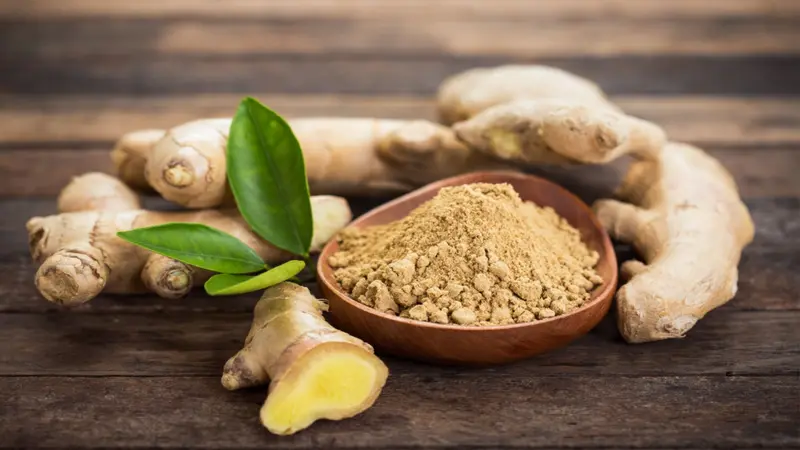

Community

Community
Health Benefits Of Ginger
Ginger has long been used in traditional medicine, but how strong is the scientific evidence behind its benefits? A 2019 meta-analysis published in Food Science & Nutrition reviewed the results of 109 randomized controlled trials (RCTs) to answer that question. A meta-analysis is a type of research that combines data from many individual studies to assess the overall trends and strength of evidence. By pooling results from different trials, scientists can spot patterns that may not be obvious in smaller studies.
In this review, ginger demonstrated statistically significant health benefits across a wide range of conditions. The most consistent findings were its ability to reduce nausea and vomiting, particularly in cases related to pregnancy and chemotherapy.
Ginger was shown to reduce markers of inflammation—such as C-reactive protein—and enhance antioxidant capacity in the body. These properties contribute to its moderate but promising impact on chronic conditions like heart disease and arthritis. Several studies also found that ginger helped lower blood sugar and cholesterol levels, particularly in individuals with type-2 diabetes.
In addition, ginger showed beneficial effects on body weight, waist-to-hip ratio, and insulin resistance in people with metabolic disorders. Some trials even reported improvements in menstrual pain, post-exercise muscle soreness, and symptoms of osteoarthritis. The researchers noted that ginger was generally safe, with few side effects reported.
The strength of evidence varied by condition. While the effects on nausea were strongly supported, outcomes for pain, blood sugar, and cholesterol—though encouraging—were less consistent and often based on smaller studies.


 By
By







